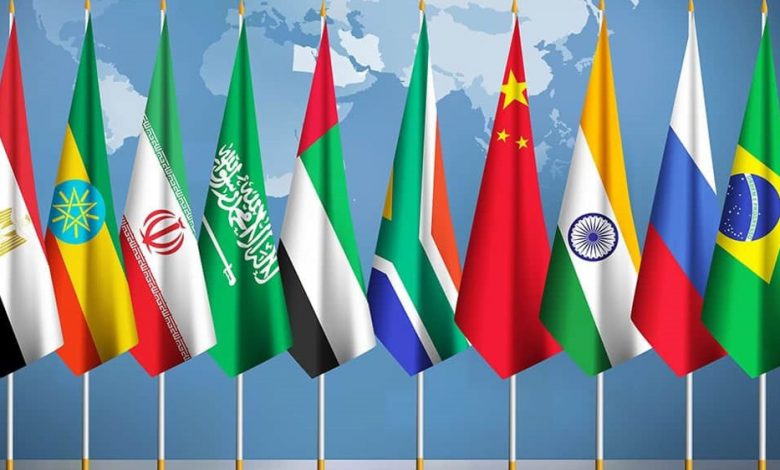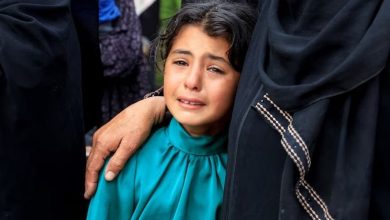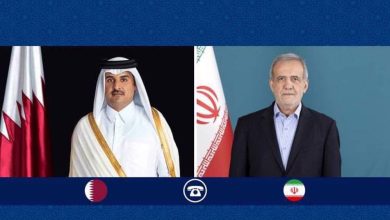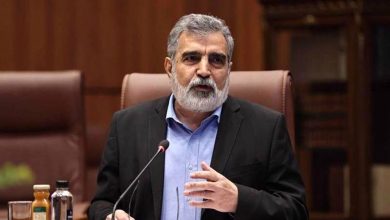EU has voiced its worries as Turkey, a NATO member, looks to become part of the BRICS group
The European Union has raised concerns over Turkey, a NATO member, pursuing membership in the BRICS organization. The EU emphasized that as a candidate for EU membership, Ankara must "respect" the EU's "values" and align with its foreign policy preferences, even though Turkey is entitled to join any alliances it chooses.

During a press conference in Brussels on Tuesday, EU spokesperson Peter Stano commented following the official announcement by Turkey’s ruling Justice and Development Party that Ankara has formally applied for membership in BRICS.
Stano stated that Turkey has the authority to decide which international alliances it wishes to participate in.
However, the country remained a candidate for EU membership, he noted, adding that the EU expects its candidates to uphold its values and fully synchronize their foreign policies with the bloc.
Ankara has been in discussions to join the EU since 2005. However, progress has stalled because of political obstacles from some EU members who criticize the nation’s perceived democratic deficiencies.
Ankara believes the factors delaying its EU membership are unrelated to its qualifications for joining.
Turkish President Recep Tayyip Erdogan has frequently cautioned that Turkey might sever ties with the European Union due to the bloc’s prolonged inability to fulfill its promise of granting membership to Ankara.
The nation’s ambitions within BRICS are emerging concurrently with tensions among its NATO allies, led by the United States. These tensions arise from differing views on the country’s decision to maintain strong ties with Russia following Moscow’s ongoing military actions in Ukraine.
If Turkey gains admission, it will be the first NATO country to join BRICS, which is regarded as a geopolitical counterbalance to Western dominance and influence.
Analysts suggest that the ongoing tensions have led Turkey to pursue improved relations with Eastern nations. This includes considering joining BRICS, which would strengthen its connections with Russia and China.
During a BRICS summit in June, Turkey’s Foreign Minister Hakan Fidan praised the group as “an organization that enhances the diversity of perspectives, identities, and policies within the global economic system.”
Moreover, on Tuesday, Yuri Ushakov, an aide to Russian President Vladimir Putin, announced that Erdogan had accepted an invitation from Russian officials to attend the forthcoming BRICS summit, scheduled to take place in Kazan, a city in western Russia, in October.
BRICS includes Brazil, Russia, India, China, South Africa, along with Iran, the United Arab Emirates, Ethiopia, and Egypt.
The bloc, frequently viewed as a counterbalance to Western economic and political dominance, represents nearly 46 percent of the world’s population, accounts for 36 percent of global GDP, and contributes 25 percent to the world’s trade in terms of exports.







